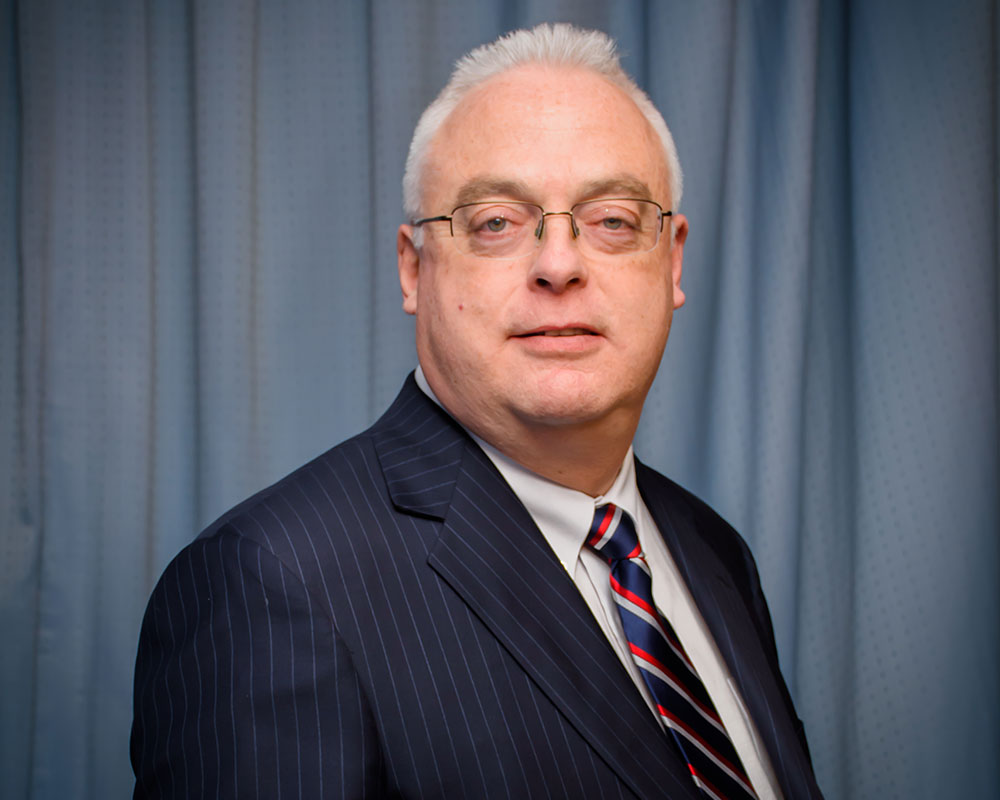Calling it an urgent need, Haverhill City Councilors last night proposed ideas for a city-based mental health crisis center.
In January of this year, the state introduced a new service for cities facing mental health issues called Community Behavioral Health Centers. Those centers provide around-the-clock urgent mental health and substance abuse treatments for children and adults. Council Vice President John A. Michitson said, while this sounds like a good plan on paper, it is not working in the real world.
“Problem is the state has designated a company called Eliot as Haverhill’s CBHC and, unfortunately, their facility is located in Danvers,” he explained.
For now, the agency is providing mobile clinicians who drive from Danvers to Haverhill to see patients or provide a cab to bring a person in crisis to Danvers. He said neither of those methods are providing optimal service, however, because the number of people in need is much larger than anticipated. The councilor said that leaves Haverhill looking at two solutions.
“The immediate solution is to make sure that we can guarantee access to reliable and timely mobile units. The long-term solution is to actually have a facility here in Haverhill,” he said.
Michitson proposed sending a letter to Mayor James J. Fiorentini as well as Haverhill’s state and federal representatives seeking ways to finance both of the proposed solutions. He said using money from the American Rescue Plan Act would be one possible alternative.
Fellow councilor Melissa J. Lewandowski offered another possibility for funding as well. “There is a federal grant availability through SAMHSA, which stands for Substance Abuse and Mental Health Services Administration. I think there’s 156 awards that are possible and the budget is a million dollars per behavioral clinic if, in fact, they were to award,” she noted.
Noting ARPA funds and others are not limitless, Councilor Joseph J. Bevilacqua suggested Haverhill should perhaps join forces with other nearby communities in creating a regional health crisis center to help alleviate some of the financial burden.
Council President Timothy J. Jordan agreed with the concern over the ability to sustain a program of this nature financially. He used the opportunity to urge a “yes” vote Tuesday, June 6, on the proposed debt exclusion to pay for the new Dr. Albert B. Consentino School. This, he explained, would free up $5 million per year of the annual budget for services such as this.
Ultimately, councilors agreed to support Michitson’s proposal by a vote of 8-0 with councilor Michael S. McGonagle absent from the meeting.

